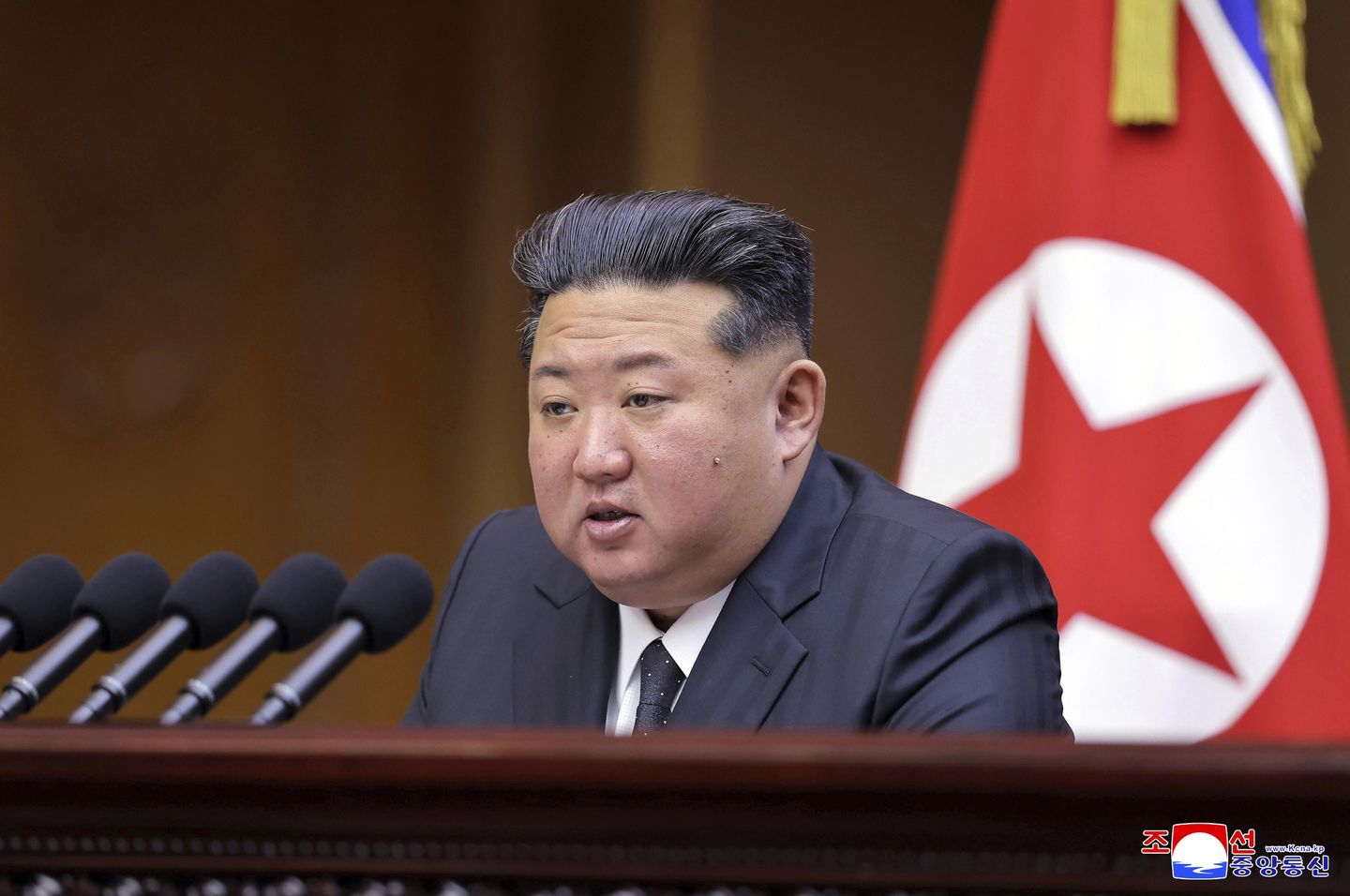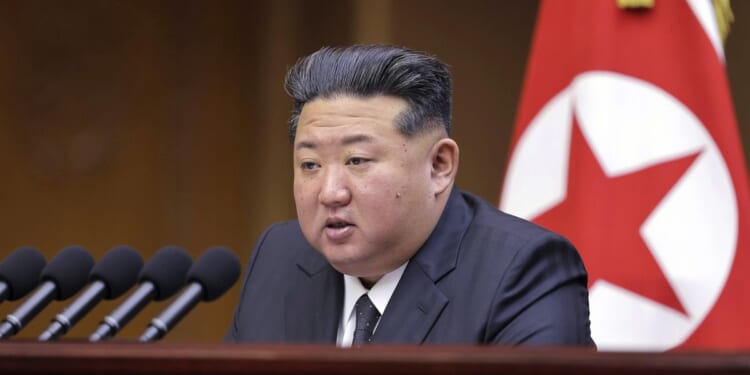
Don’t miss the full story from our staff writers, whose reportage is the basis of this article.
North Korean leader Kim Jong-un stands as the most successful of the Kim dynasty rulers, having significantly enhanced his nation’s global standing while maintaining absolute domestic control. As North Korea celebrates the 80th anniversary of the Korean Workers’ Party, Kim hosts VIP guests from China, Russia, Vietnam, and other nations, demonstrating his elevated diplomatic status.
Since assuming power after his father’s death in 2011, Kim has proven to be a ruthless yet effective leader. Domestically, he has crushed all dissent and executed potential rivals, including his own uncle Jang Song-thaek in 2013 using a quadruple-barreled anti-aircraft gun. The execution sent a clear message about his absolute authority and created the idiom “quad barrel” for doing something to an extreme.
Unlike his predecessors, Kim has achieved remarkable diplomatic breakthroughs. He met with President Trump in 2018 and 2019, something neither his father nor grandfather accomplished. More significantly, he signed a defense treaty with Russian President Vladimir Putin last year and deployed elite North Korean troops to fight alongside Russian forces in Ukraine, giving his soldiers their first large-scale combat experience since the Korean War.
Kim’s strategic positioning has elevated North Korea from a mockable pariah state to what experts call a member of the “International Tyrannical Triumvirate” alongside Xi Jinping and Putin. He appeared with these leaders at Beijing’s World War II 80th anniversary celebration, symbolizing his nation’s enhanced international status.
The nuclear weapons program Kim inherited and expanded provides his ultimate guarantee of security. After testing an intercontinental ballistic missile capable of reaching the continental United States in 2017, he secured diplomatic engagement with Washington. Unlike leaders of Iran, Iraq, Libya, and Ukraine who abandoned or failed to complete nuclear programs, Kim can promise his people protection from overseas attack.
His leadership has also been notably less violent toward South Korea than his predecessors. No South Korean has been killed under his administration, contrasting with the 2010 warship sinking and island shelling under his father. Experts suggest Kim avoids military provocations because they yield no tangible gains and could damage diplomatic progress.
Kim has broken with family tradition by publicly introducing his teenage daughter Kim Ju-ae, potentially positioning her as his successor. Experts debate whether this represents genuine succession planning or strategic deception. Unusually, he has also avoided the personality cult excesses of his father and grandfather, with no statues or widespread portraits of himself, possibly reflecting his Western education at a Swiss boarding school.
Read more: Is Jong-un North Korea’s most successful Kim?
This article is written with the assistance of generative artificial intelligence based solely on Washington Times original reporting and wire services. For more information, please read our AI policy or contact Ann Wog, Managing Editor for Digital, at awog@washingtontimes.com
The Washington Times AI Ethics Newsroom Committee can be reached at aispotlight@washingtontimes.com.








